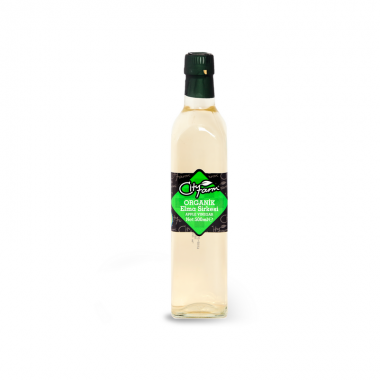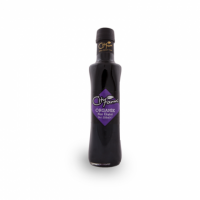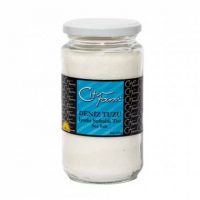CityFarm Organic Apple Vinegar in Glass Bottle, 16.90oz – 500ml
$22.49
Apple cider vinegar is produced by fermenting apples, so it turns into acetic acid, the active ingredient in it. When the starch and acid in the apple meet with the vinegar, it is easily fermented. As a result, apple cider vinegar is formed. Apple cider vinegar contains vitamins A, B2, B6, C, and E as well as many beneficial minerals, especially potassium, phosphorus, calcium, and magnesium. According to the results of a study conducted in Japan in 2009, apple cider vinegar helps fat burning, reduces fat storage, and speeds up metabolism. The most prominent feature among the benefits of apple cider vinegar is its regulating effect on blood sugar. Apple cider vinegar has powerful antibacterial properties. Thanks to its antibacterial properties, it destroys bacteria and germs. It creates a protective shield against diseases by strengthening the immune system. It helps to increase probiotic bacteria. So what is apple cider vinegar mother?
The mother of vinegar, which is an opaque, gel-like layer that forms on the vinegar as a result of the natural fermentation process, contains acetic acid bacteria. The vinegar mother formed on the surface transforms ethyl alcohol into acetic acid. In other words, the vinegar mother is a natural product formed during the process of vinegar making, it provides the unique smell and taste of the vinegar, it is in one piece and slippery structure. Besides, the color of the vinegar mother can vary depending on the color of the fruit it is made from.
Brand
City Farm
All the orders are shipped from Turkey via DHL. We are happy to work with a well-known shipping company.
We ship worldwide by DHL and we will inform your tracking number immediately after your order is shipped.
The preparation time is between one to four working days. The preparation time may be longer for hand made products. Those products are specifically produced for you and it is generally 7 days. If it is longer than 7 days, the details can be found in the description section of the product page.
There are two options for delivery. The first one is DHL Express and it is the faster option. Your order will be at your shipping address between 1 day to 7 days. Details are listed at the bottom. The second option is Normal shipping. Delivery time takes between 25 days to 30 days for Normal shipping. If you are not in a hurry you can always prefer this method.The shipping cost is calculated by the total price of your order. If your cart total is greater, the shipping cost will be lesser. You will earn free shipping when your order total is over 100$.
Estimated delivery times for DHL Express Shipping:
- UK: 1-3 days
- Europe: 1-3 days
- U.S.A and Canada: 2-4 days
- Middle East: 2-4 days
- South America: 2-5 days
- Rest of the World: 2-7 days
Estimated delivery times for Normal Shipping:
- All over the World: 25-30 days
For more information about our delivery service please check here.






